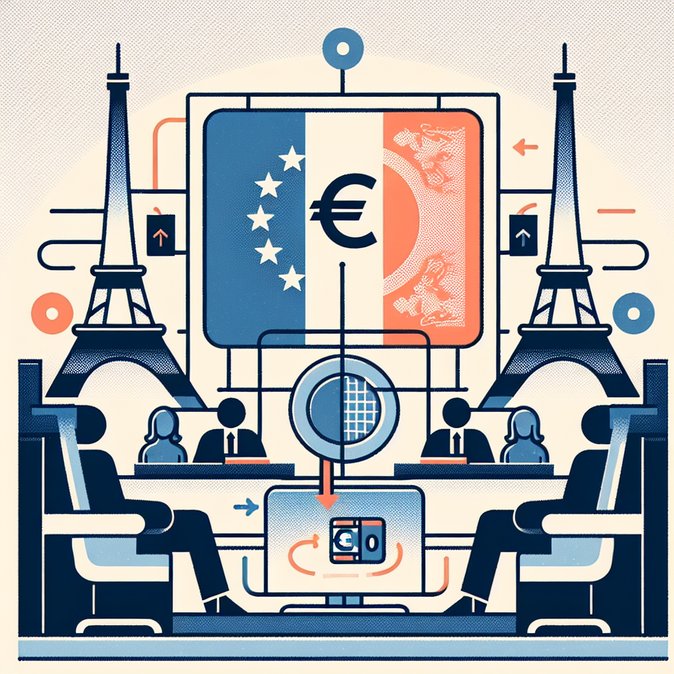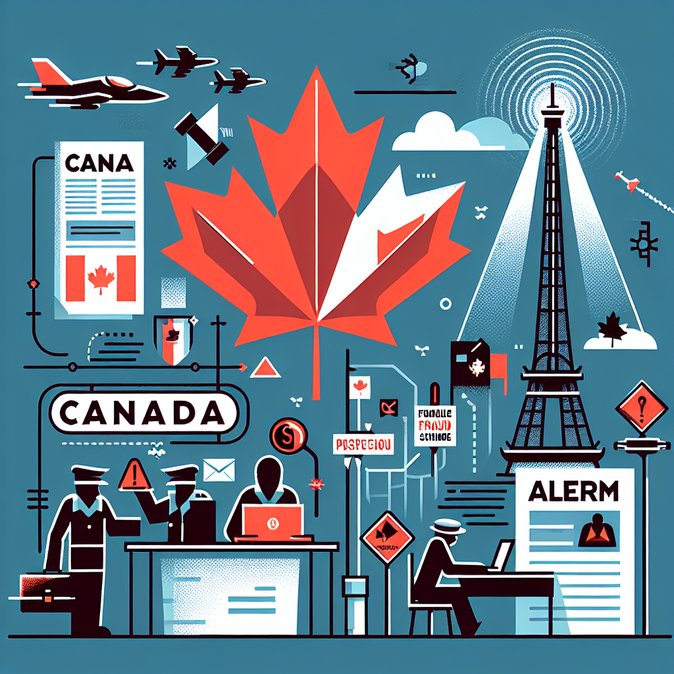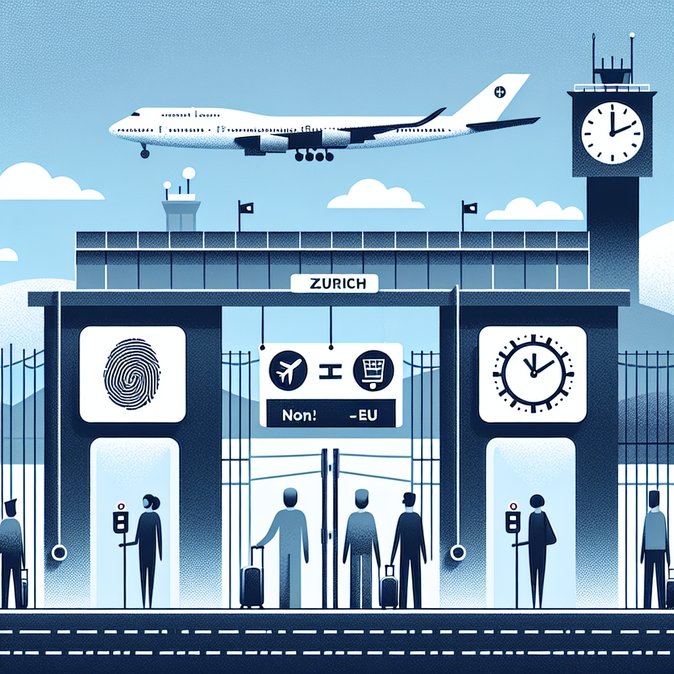
In a late-night sitting on 20 November 2025, the National Assembly threw out two high-profile amendments that would have added a new surcharge to short-stay (type C) Schengen visas issued by France. The first text—tabled by National Rally MP Sébastien Chenu—sought to levy an unspecified fee on all foreign leisure travellers in order to fund border-security upgrades. A second, near-identical amendment from centrist deputies Mickaël Cosson and Christophe Blanchet argued that reciprocity was needed because “French tourists already pay ESTA-style charges when visiting the United States.”
During the debate, Finance Committee rapporteur Philippe Juvin reminded colleagues that France already collects the harmonised €90 Schengen visa fee and warned that a unilateral hike would simply push visitors toward competing destinations inside the Schengen Area. Junior Minister for Public Service David Amiel added that the government had just increased airline-ticket taxes and could not simultaneously champion an extra levy on inbound tourists without harming the country’s €58-billion visitor economy.
![French lawmakers reject proposed tourist-visa surcharge during 2026 budget debate]()
Both amendments went to public ballot. The first was defeated by 154 votes to 78; the second by 147 to 84. Opposition parties split along predictable lines, with National Rally and some Greens voting in favour, while Renaissance, Horizons and Socialist deputies opposed.
For multinationals that move staff through France on Schengen visas, the vote removes short-term uncertainty about application costs for 2026. Mobility managers, however, note that the underlying political pressure to make foreigners “pay their way” is unlikely to dissipate ahead of the 2027 presidential contest. Corporates should budget for potential fee changes to resurface in next year’s finance bill and monitor regional experiments such as the tourist “bed-night tax” now being piloted on the Côte d’Azur.
Practically, visa-issuing consulates and external service providers (TLScontact, VFS Global) will continue to collect the standard Schengen tariff. Employers sponsoring business-visa applicants can therefore prepare documentation and make appointments without factoring in any new fiscal stamp for 2026—for now.
During the debate, Finance Committee rapporteur Philippe Juvin reminded colleagues that France already collects the harmonised €90 Schengen visa fee and warned that a unilateral hike would simply push visitors toward competing destinations inside the Schengen Area. Junior Minister for Public Service David Amiel added that the government had just increased airline-ticket taxes and could not simultaneously champion an extra levy on inbound tourists without harming the country’s €58-billion visitor economy.

Both amendments went to public ballot. The first was defeated by 154 votes to 78; the second by 147 to 84. Opposition parties split along predictable lines, with National Rally and some Greens voting in favour, while Renaissance, Horizons and Socialist deputies opposed.
For multinationals that move staff through France on Schengen visas, the vote removes short-term uncertainty about application costs for 2026. Mobility managers, however, note that the underlying political pressure to make foreigners “pay their way” is unlikely to dissipate ahead of the 2027 presidential contest. Corporates should budget for potential fee changes to resurface in next year’s finance bill and monitor regional experiments such as the tourist “bed-night tax” now being piloted on the Côte d’Azur.
Practically, visa-issuing consulates and external service providers (TLScontact, VFS Global) will continue to collect the standard Schengen tariff. Employers sponsoring business-visa applicants can therefore prepare documentation and make appointments without factoring in any new fiscal stamp for 2026—for now.


